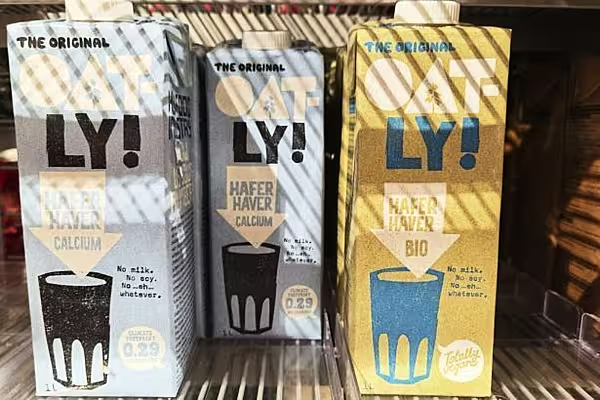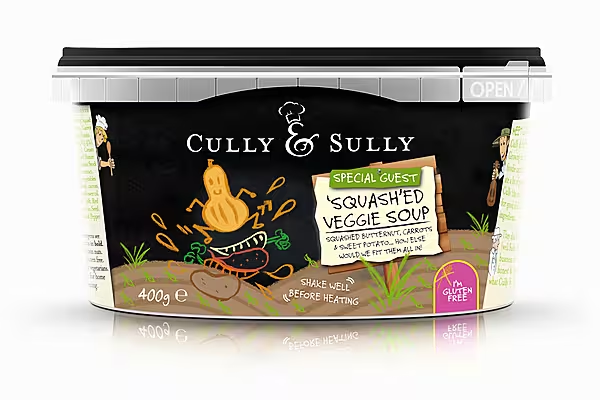Russia's invasion of Ukraine has caused a 'massive, and further deteriorating' food security crisis in Ukraine and abroad, the FAO has said.
In a 26-page paper, 'Implications on world food security & agriculture, including global food prices, arising from the aggression of the Russian Federation against Ukraine’, which was presented at a conference in Łódź last week, the FAO noted that food supply chains are facing major disruption, while food prices have 'soared to new heights', as a result of the conflict.
This compounds the 'already heavy burden on global food security', it noted, with food prices already reaching an all-time high prior to the invasion, with energy, fertiliser, agricultural input and services prices all rising.
Ukraine and Russia were responsible for around 30% of the global wheat market in 2021, as well as 63% of the combined sunflower oil exports. In addition, Ukraine is the fourth largest exporter of maize globally.
'Highly Exposed'
“These countries are therefore highly exposed to the impacts of the war,' the FAO said. 'There is growing evidence that the war’s impacts will spread beyond the confines of the region, increasingly presenting a challenge for global food security, in particular for vulnerable population groups and low-income countries dependent on food imports.'
The body has called for efforts to prevent the war from affecting food production and supply chain infrastructure, including protection for crops, livestock, inputs and machinery.
'This must also extend to food processing infrastructure, such as grain mills & oilseed crushing facilities, as well as ancillary storage, transportation and distribution systems,' it said.
Diversify Sourcing Channels
In addition, the FAO stressed the need to diversify the sourcing of certain food supplies, noting that countries heavily dependent on imports from Ukraine and Russia have had to deal with supply shocks.
'This can be attained by exploring other international trade sources, since countries that import foodstuffs from many different trade partners are less vulnerable to place-specific shocks,' it noted.
News by Reuters, edited by ESM – your source for the latest supply chain news. Click subscribe to sign up to ESM: European Supermarket Magazine














